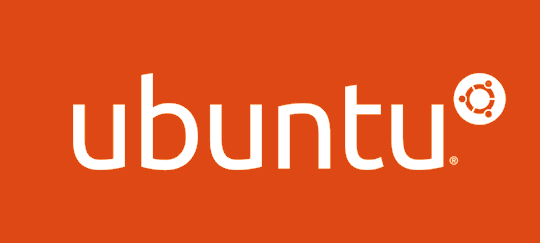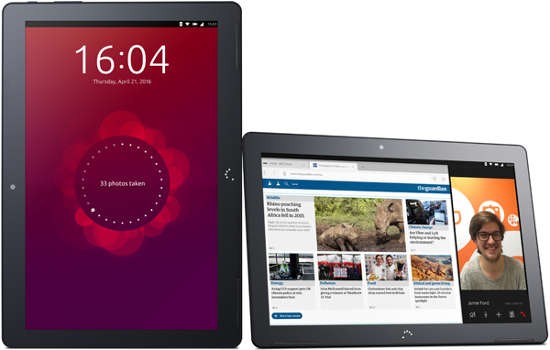Also included: Maru OS brings Android/Debian convergence, three new distro releases, Google making Android more proprietary and EFF asked to investigate Miscrosoft.
FOSS Week in Review
Here I am, sitting at the FOSS Force table in the land of the not-so-deep-south. I’m in Charlotte, in the northern Carolina, 33 miles exactly from the border with the other, southern, Carolina, which is probably good, just in case I need to make a quick getaway. I’m also almost exactly 90 miles from the termite eaten shack I call home up near the Virginia state line. Essentially this morning I’ve traveled from state to shining state.
I am, of course, at the SouthEast LinuxFest, which is Tux’s gift to the land of fatback, grits and turnip greens. This year’s trip is something of a working trip, because I really can’t afford to take three days away from work. So FOSS Force has a table here, convenient for me to get my work done, as I’m doing now, writing the weekend roundup. It’s just like my home office, except here I’m surrounded by Linux using and loving folks instead of by unswept cobwebs and more stink bugs than I can tolerate, which is how I live. It’s fun here. It’s different. Later on I’ll take in a lecture, which will be the first performance I’ve seen that’s not on a TV screen since last October.
But first, the FOSS news…
Christine Hall has been a journalist since 1971. In 2001, she began writing a weekly consumer computer column and started covering Linux and FOSS in 2002 after making the switch to GNU/Linux. Follow her on Twitter: @BrideOfLinux




 The case revolves around Verizon’s use of a supercookie — a cookie that uses a variety of techniques to make it nearly impossible to remove or disable — which the carrier began placing on its customers’ phones in 2012. The cookie gathered information that combined a person’s Internet history — whether through browsers or apps — with their unique customer information. The company ran afoul of the law because of the way it shared the information it gleaned with third parties.
The case revolves around Verizon’s use of a supercookie — a cookie that uses a variety of techniques to make it nearly impossible to remove or disable — which the carrier began placing on its customers’ phones in 2012. The cookie gathered information that combined a person’s Internet history — whether through browsers or apps — with their unique customer information. The company ran afoul of the law because of the way it shared the information it gleaned with third parties.
 The Great 2016 Linux Mint Hack: The hack at one of the crown jewels of Linux distros has undoubtedly been the biggest story this week. I’ll not bore you by repeating details which most of you have probably already read by now, but will direct those of you who don’t know to
The Great 2016 Linux Mint Hack: The hack at one of the crown jewels of Linux distros has undoubtedly been the biggest story this week. I’ll not bore you by repeating details which most of you have probably already read by now, but will direct those of you who don’t know to 




 Is Ubuntu the new Novell? It probably wasn’t news to anybody when Microsoft failed to renew it’s deal with SUSE when it expired at year’s end. Many with long memories will remember that way back when SCO was still a viable company, Microsoft inked a deal with Novell, which was then the proud new owner of the SUSE Linux distro. Among other things, the deal gave SUSE users a free pass against getting sued by Microsoft for infringing any of its patents. As part of the deal, Microsoft purchased tons and tons of SUSE support contracts to sell to enterprise customers who might need to keep a Linux machine or two running, which were reportedly given away. Mainly, Microsoft was using SUSE as its official Linux distro, and as a testing ground for Microsoft’s attempts to get Windows to work and play well with Linux.
Is Ubuntu the new Novell? It probably wasn’t news to anybody when Microsoft failed to renew it’s deal with SUSE when it expired at year’s end. Many with long memories will remember that way back when SCO was still a viable company, Microsoft inked a deal with Novell, which was then the proud new owner of the SUSE Linux distro. Among other things, the deal gave SUSE users a free pass against getting sued by Microsoft for infringing any of its patents. As part of the deal, Microsoft purchased tons and tons of SUSE support contracts to sell to enterprise customers who might need to keep a Linux machine or two running, which were reportedly given away. Mainly, Microsoft was using SUSE as its official Linux distro, and as a testing ground for Microsoft’s attempts to get Windows to work and play well with Linux.